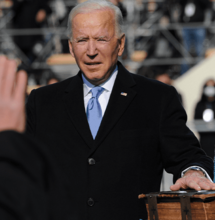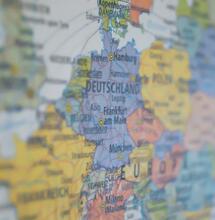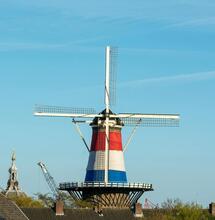Denver Seeks 3.5 Percent Tax On Sales Of Marijuana

Municipal sales tax would be on top of proposed 25 percent sales and excise tax
Municipal sales tax would be on top of proposed 25 percent sales and excise tax
| A participant rolls a marijuana filled blunt at the 4/20 marijuana holiday in Civic Center Park in downtown Denver, April 20, 2013.
[Credit: Reuters/Rick Wilking] |
SOURCE: www.reuters.com
AUTHOR: Keith Coffman
(DENVER) - The city of Denver, in a first step toward regulating newly legal recreational marijuana, will ask voters to approve a 3.5 percent sales tax on pot sales in a citywide ballot measure in November, a city official said on Tuesday.
The municipal sales tax, if approved at the polls, would be on top of a proposed 25 percent sales and excise tax that voters statewide will also be asked to adopt in November to fund the regulation and enforcement of non-medical cannabis use.
"We are breaking new ground, and the country is watching us," Denver City Council President Mary Beth Susman said on Tuesday, the morning after the council voted 11-1 to approve placement of the city tax measure on the ballot.
Last fall, Colorado and Washington became the first U.S. states to legalize the possession and use of small amounts of pot for recreational purposes, and both states are still working out how to regulate the sale and marketing of the drug, which is classified as an illegal narcotic under federal law.
Nearly two dozen states also allow the use of marijuana for medical purposes. Susman said Denver officials have not received any input from the U.S. Department of Justice as it carries out the will of Colorado voters.
"I think the federal government is waiting to see how tightly we can regulate this," she said, adding that Denver lawmakers next month will take up specific proposed ordinances on the licensing of marijuana shops.
Under the Colorado law, local governments can opt out of allowing cannabis stores in their jurisdictions. More than 50 municipalities have banned retail pot shops while nearly two dozen have imposed moratoriums on the shops, according to figures from the Colorado Municipal League.
Last month, he state's second-largest city, Colorado Springs, barred retail pot shops, but its medical marijuana shops are unaffected.
Denver officials estimate the proposed sales tax would add $3.4 million annually to the city's coffers, which would go toward enforcement and public health programs.
(Editing by Cynthia Johnston and Steve Orlofsky)



